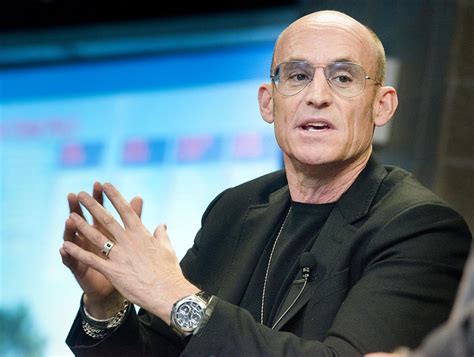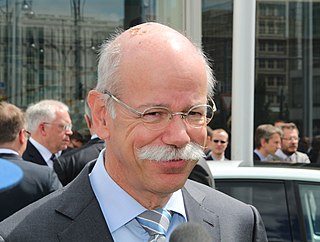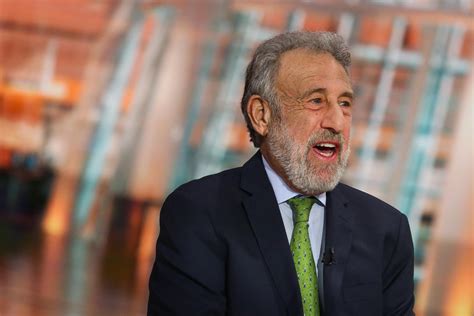A Quote by Richard Branson
Loyal employees in any company create loyal customers, who in turn create happy shareholders.
Quote Topics
Related Quotes
I think re-engineering or restructuring or downsizing or rightsizing or whatever you want to call it, it's basically firing, has gone way too far. Employees, as I've talked to them across the country, feel that they are not respected, they are not valued, they are worried about their jobs. They simply feel that the company is no longer loyal to them. Why should they be loyal to the company, they ask me. Why should I go the extra mile? Why should I care?
Over the last 40 years, I have built MW into a multi-billion dollar company with amazing employees and loyal customers who value the products and service they receive at MW. Over the past several months I have expressed my concerns to the Board about the direction the company is currently heading.Instead of fostering the kind of dialogue in the Boardroom that has in part contributed to our success, the Board has inappropriately chosen to silence my concerns through termination as an executive officer.
I think maybe 50 years ago people and businesses felt like they had to choose between maximizing profits and making customers happy or making employees happy, and I think we're actually living in a special time where everyone's hyperconnected, whether through Twitter or blogs and so on. Information travels so quickly that it's actually possible to have it all, to make customers happy through customer service, to make employees happy through strong company cultures, and have that actually drive growth and profits.


































